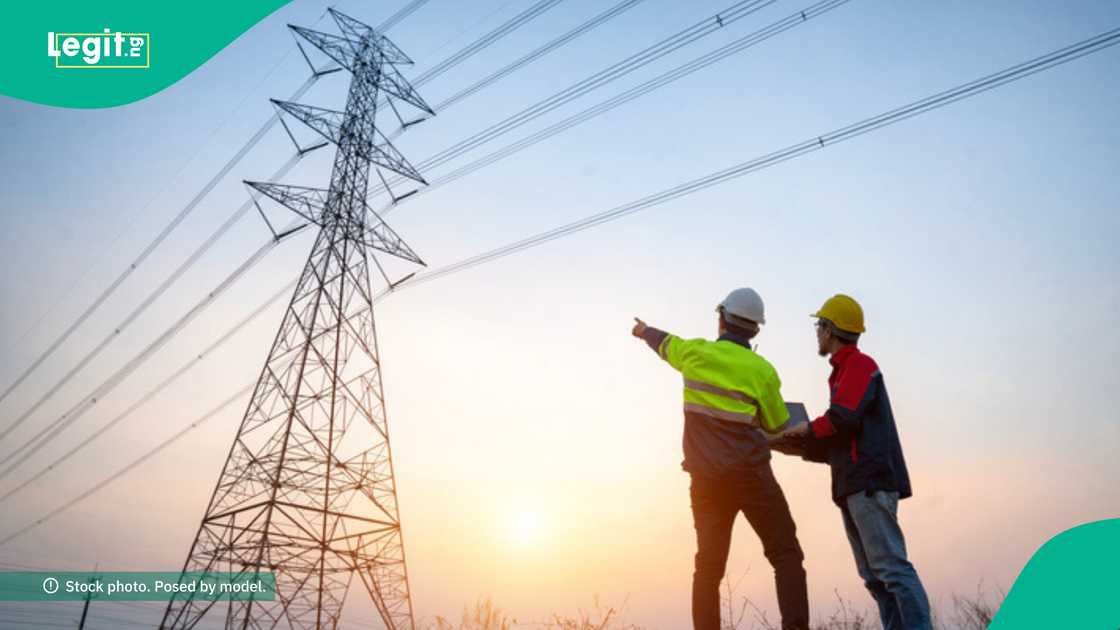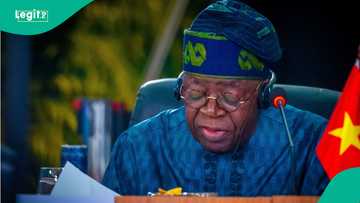FG Revisits Plans To Hike Electricity Tariffs Amid Mounting Debts To Gencos
- The federal government has been talking about a possible increase in electricity tariffs since late 2024
- Federal Minister for Power, Adebayo Adelabu, mentioned the need to adopt a cost-reflective billing, especially for Band B and C feeders
- The latest comment from the Minister gives more details on the pricing change and timeline
CHECK OUT: How to Start Earning with Copywriting in Just 7 Days – Even if You’re a Complete Beginner
Ruth Okwumbu-Imafidon, a journalist with Legit.ng, has over a decade of experience in business reporting across digital and mainstream media.
Nigerians are to get set for another hike in electricity tariffs, as the federal government has resumed talks on subsidy removal.
The Minister of Power, Chief Adebayo Adelabu, remarked on Tuesday that this is the only solution to the current liquidity crisis in the power sector.
While giving his address at the Mission 300 Stakeholders Engagement meeting in Abuja, Adelabu confirmed that the government had accumulated over N4 trillion in debt to the different power generation companies.

Source: Getty Images
He disclosed that several options are currently being explored to settle the debt owed to these companies and prevent a total collapse of the sector.
Adelabu stressed that the government is no longer capable of fully funding the electricity subsidy.
FG to adopt cost-reflective pricing
The government has since asked Nigerians to prepare to pay higher electricity tariffs.
The minister pointed out that the current billing regime is not cost-reflective, as the government still bears over 60% of the costs as subsidies.
The decision to hike tariffs has triggered a lot of negative reactions, especially among customers on Band B and C feeders, who decry having to pay the same as Band A customers despite getting less power supply.
FG rolls out plans for low-income households
The Vanguard reports that the Minister also confirmed that the government has targeted plans to support low-income households.
He explained that while the government would phase out blanket subsidies to address market liquidity issues, there would be a plan for vulnerable households.
He said:
“The Federal Government is already working out modalities to defray this obligation. To ensure that further obligations are not accrued going forward, the government is working on a plan to transition the sector to a fully cost-reflective regime while implementing targeted subsidies for the economically vulnerable citizens in the country.”
Adelabu pointed out that this would bring in more funds to revamp idle facilities and expand the energy mix, providing security through cheaper and cleaner energy alternatives.
He also said that the transmission infrastructure would be expanded to deliver more power to Nigerians, and the national grid would be stabilized to avoid further collapses and strengthen management.

Source: Getty Images
All of these would combine to ensure the viability of the sector and improve performance and delivery.
FG sets date to repay N4 trillion debt
In related news, the federal government has taken action to clear the N4 trillion debt owed to power generation companies (Gencos).
The Minister of Power outlined plans to pay half of the money in cash before the end of 2025.
He also confirmed that the government will soon stop electricity subsidies and stop bearing 70% of energy costs for Nigerians.
Source: Legit.ng





